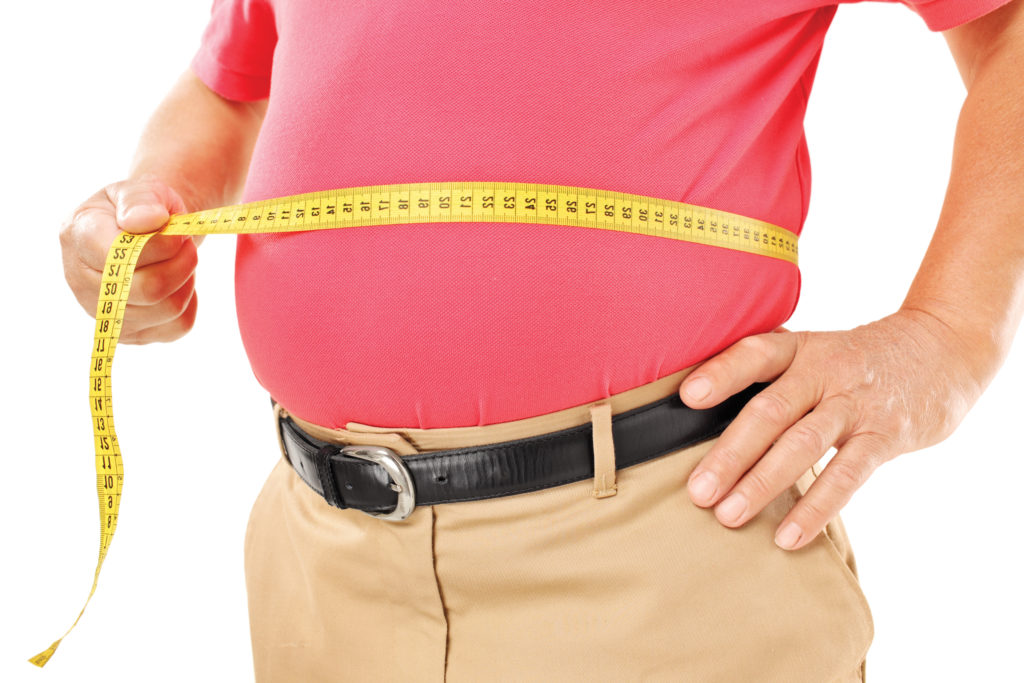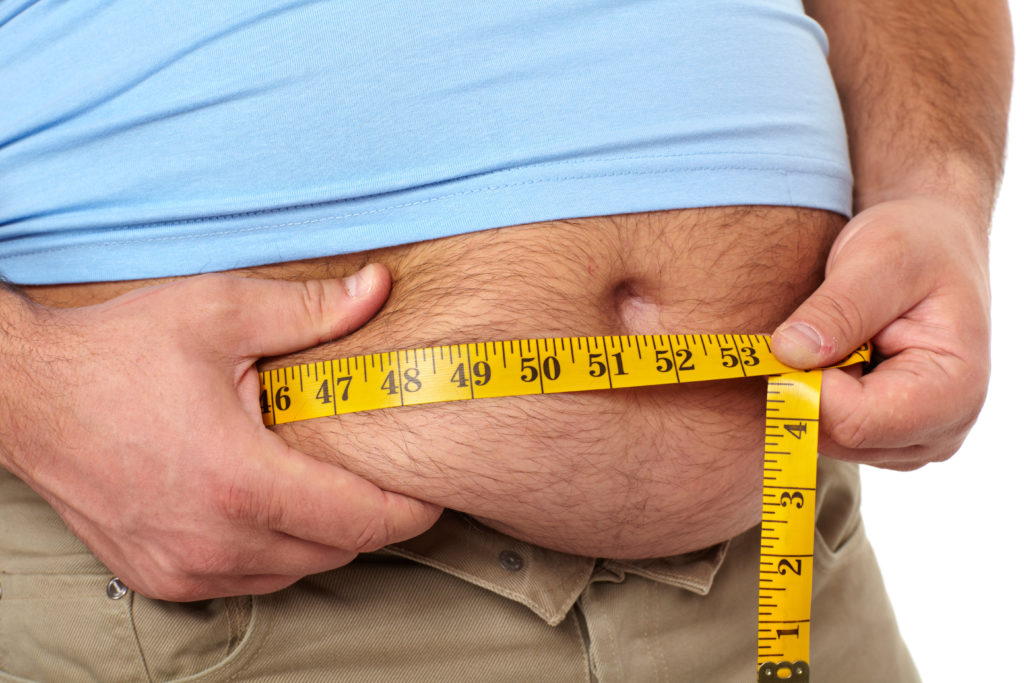To lose weight without breaking the head, here are 7 easy tips on healthy food.
How to Lose Weight in 7 Easy Tips
- Drink a glass of water before each meal. Water, by filling your stomach, will prevent you from overeating.
- Have breakfast. If you skip this meal, you’ll want to nibble in the morning and overeat during dinner at noon.
- Degrease. At equal weight, fats provide twice as many calories as protein and carbohydrates (starches). However, do not be fooled by the misconception that low-fat means necessarily low in calories.
- Make a list of commissions and stick to them to avoid impulse buying. Shop with your stomach full so that you will be less tempted.
- Chew the food carefully before taking another bite, and pay attention to what you eat. If you eat slowly, you will tend to eat less.
- Take a break before refueling. Wait for 5 to 10 minutes and ask yourself if you are still hungry.
- Do not eat on the go. Set yourself as a rule of never eating otherwise than sitting at the table.
But beware! There is no miracle: the only way to really lose weight is to change long-term eating habits and lifestyle. It is advisable to lose weight slowly (between 0.5 and 1 kg per week). Also, to lose weight without resuming it, these tricks, coupled with a diet alone are rarely enough: you must also increase the number of calories you burn. The most effective technique combines a healthy diet and a lot of cardiovascular exercises.


When suffering from obesity and overweight, where do we start?
As a first goal, experts recommend losing 5% to 10% of its weight. Even with such a loss, there are already several health benefits, including an improvement in fasting glucose. However, to treat overweight and obesity, one thing is clear: no question of deprivation. Dieting can lead to a vicious circle. After a period of deprivation, one loses weight, but often follows a period of food abuse caused by frustration. These abuses generate a sense of failure, guilt, and impairment of self-esteem, which can considerably complicate the problem of obesity. This is why serious weight control procedures must avoid deprivation at all costs and aim only for permanent changes in lifestyle.
In 2009, the American Dietetic Association published its position regarding the weight management of individuals. According to the association, the success of weight control in order to improve one’s health rests on the firm commitment to adopt a lifestyle based on sustainable and pleasant habits, both in terms of food and nutrition and physical activity.


Recommendations
Even before undertaking dietary changes, here are new habits to be set up and new reflexes to develop in everyday life.
Recognize real hunger
Weight management strategies have changed a lot in recent years. For example, the Weight Action Group with its Choose to Lose Weight program? Recommends that nutritionists teach their patients how to listen to their physiological and psychological needs rather than follow calorie-controlled diets. The most important new strategy is learning to listen to the signals of your body. Normally, the body knows how much food it needs.
What is hunger?
Hunger is not a “hollow” that one feels when watching TV, 2 hours after the meal. It is a real physiological need, manifested by noises and contractions in the stomach, a slight loss of concentration, and a slight decrease in energy. It is usually experienced 4 to 6 hours after a balanced meal.
Excessive hunger
On the other hand, if one waits too long before eating, or if the previous meal is not balanced, signs of excessive hunger may manifest dizziness, great fatigue, stomach aches, etc. These unpleasant symptoms are absolute to avoid because it is your survival mechanism that then starts. We tend to eat anything too much, too fast.
- The false hunger
It may be that, without feeling hungry, we have an imperious urge to eat: because we are bored, we are stressed or sad, it is the only pleasure of the day, that smells good. If it often happens that one eats for reasons of this kind, it is time to recognize that this behavior is harmful. False hunger hides a problem. Food fills a need that is not physiological: need for affection, listening, valorization, relaxation, tenderness, pleasure, etc. There are healthier ways to meet these needs, such as walking for 10 minutes, taking a nap, calling a friend, taking a warm bath, asking a hug, crying, dancing.


How to assess your hunger
Here are examples of hunger signals
- My stomach gargoyles.
- I have a feeling of emptiness in the stomach, sometimes accompanied by small cramps.
- I feel a drop in energy; I have more trouble concentrating.
- In order to assess your level of hunger, make it a habit of putting a rating on your hunger level before meals.
- After a while, recognition and listening to hunger will be more natural. The goal is to reach level 2.
0 = not hungry at all
1 = hardly perceptible hunger
2 = normal hunger (gurgling, stomach pains, decreased energy)
3 = intense hunger
4 = uncontrollable hunger

Satisfaction, no more
When one has eaten well enough, but not too much, a subtle body signal is felt: the body is no longer hungry. Since it takes some time after the meal begins to make this sensation appear, it is important to eat slowly. Foods that require a lot of chewing, such as raw vegetables, also increase the length of the meal.
The full stomach sensation occurs later when one has eaten to the maximum limit of the capacity of our stomach or more. It feels stuffed. Less subtle, this sensation includes slight nausea. Stop eating before.
If you eat slowly and are attentive to the emergence of the feeling of satiety or satiety, you may not want to finish your plate. Practicing healthy food waste, such as leaving a few appetizers on your plate when you are no longer hungry, is a measure that helps to lose weight.

Examples of adequate satiety or satiation signals
- I’m no longer hungry, and I feel comfortable in my clothes.
- My meal seems less tasty than at first mouthfuls.
- If they stole my plate at this time, it would not bother me.
- I regained my energy.
- To assess your level of satiety or satiety, make it a habit to put a rating at your satiated level after the meal. After a while, recognition and listening to satiation will be more natural. The goal is to reach level 2.
0 = not at all satisfied
1 = not quite satisfied
2 = well satisfied, pleasure gustative filled and comfortable in my clothes
3 = too full
4 = too stuffy, even nauseous


